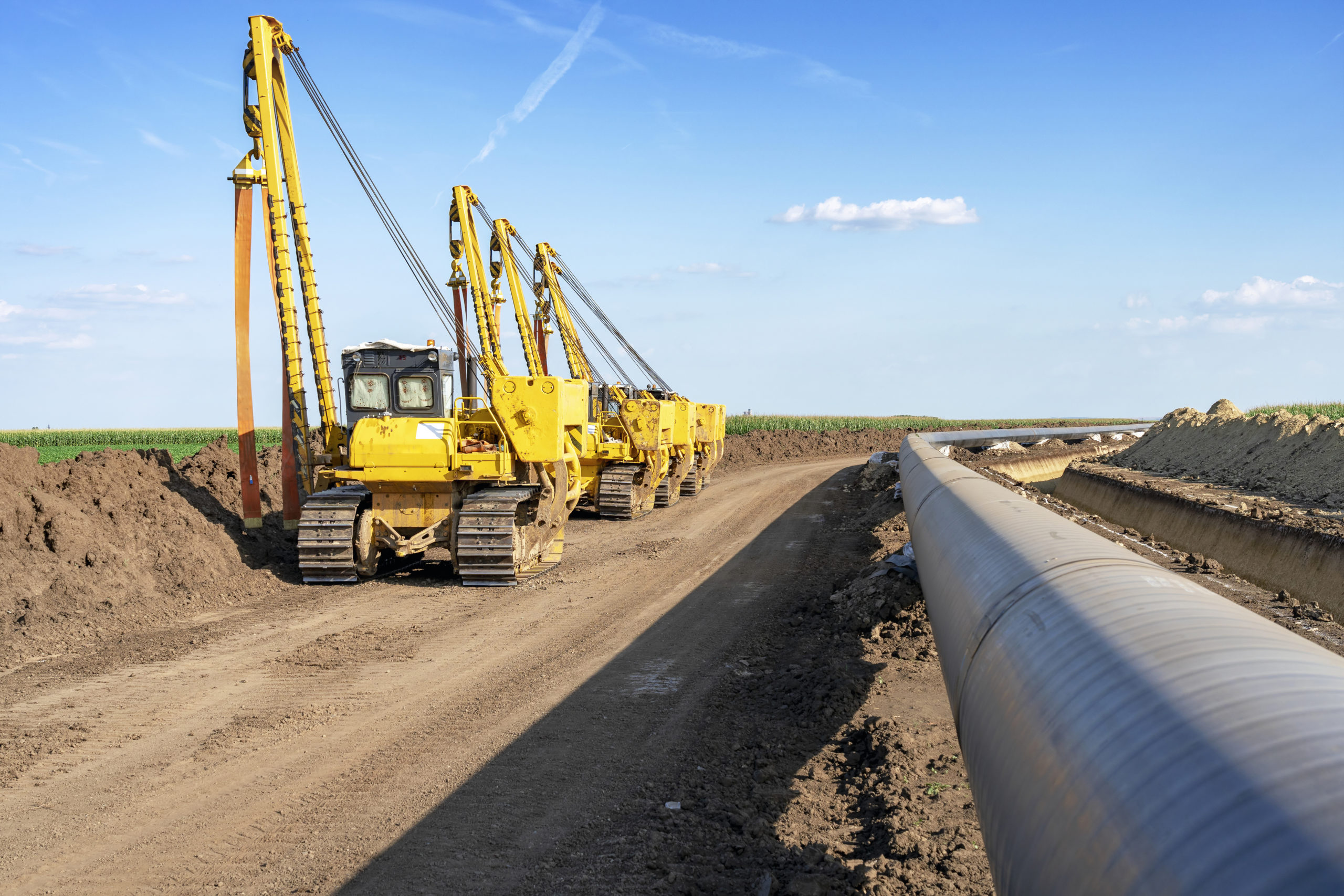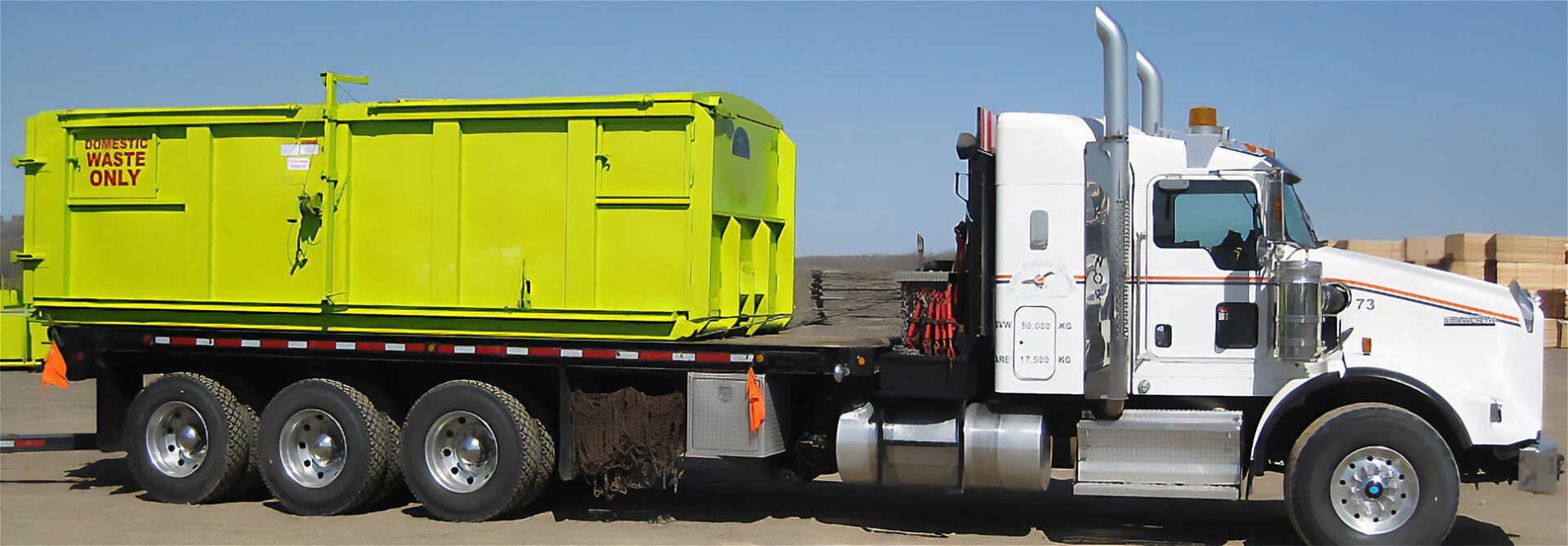Superior Rentals near me: how to find the best rated rental services
Wiki Article
A Comprehensive Overview to the Different Sorts Of Oil Field Equipment and Pipeline Equipment Available
The oil and gas industry relies greatly on specialized equipment for reliable removal and transport. Various types of machinery, from drilling rigs to tank, play crucial duties in this complex process. Each tool offers distinctive features that contribute to total functional success. Comprehending these parts is necessary for any person involved in the industry. As the market progresses, so also do the modern technologies that sustain it. What advancements are on the horizon?
Drilling Rigs: The Backbone of Oil Expedition
Drilling rigs work as the essential equipment in the domain of oil expedition, enabling firms to access hydrocarbon reserves buried deep underneath the Earth's surface. These rigs can be found in various kinds, consisting of land rigs, offshore rigs, and mobile systems, each designed to run in specific settings. Geared up with innovative innovation, piercing rigs can penetrate geological developments with accuracy, ensuring effective source extraction. The architectural honesty and operational capacities of these rigs are vital, as they must stand up to extreme conditions and substantial stress. Furthermore, the selection of a drilling rig affects the total project expense and timeline, making it an important consideration for oil firms looking for to maximize their expedition efforts and take full advantage of performance in their operations.Pumps: Essential for Fluid Motion
In the oil removal procedure, the role of pumps is considerable, promoting the activity of fluids throughout different phases of manufacturing. Pumps are essential for carrying crude oil, water, and other fluids from below ground storage tanks to the surface area and after that with pipelines to refineries. They are available in different types, including centrifugal, positive variation, and completely submersible pumps, each offering certain objectives based upon the fluid attributes and operational demands. Centrifugal pumps are frequently made use of for their performance in high-flow applications, while favorable displacement pumps stand out in dealing with viscous fluids. The choice of pump influences total performance, functional security, and maintenance costs. Correct option and maintenance of pumps are important for optimizing manufacturing and lessening downtime in oil area operations.Valves: Managing Flow and Pressure

Shutoffs play an important function in managing the flow and stress of fluids within oil areas and pipes. Different kinds of valves offer distinctive applications, each developed to accomplish particular features fundamental for reliable operation - Superior Rentals near me. Recognizing the qualities and usages of these shutoffs is important for enhancing system efficiency and safety
Kinds of Valves
Crucial components in oil field operations, shutoffs play a vital duty in controlling the flow and stress of fluids within pipelines and devices. Different sorts of shutoffs are utilized to meet the diverse requirements of oil and gas manufacturing. Usual kinds consist of gate shutoffs, which offer a straight-line circulation and marginal pressure decrease; world shutoffs, understood for their strangling capabilities; and ball valves, recognized for their quick on/off control. Additionally, check valves prevent backflow, while butterfly valves offer a lightweight service for controling flow. Each valve type is designed with specific products and arrangements to hold up against the rough problems often found in oil areas, ensuring integrity and performance in procedures. Recognizing these types is vital for efficient system management.Valve Applications and Functions
While various types of valves offer distinctive objectives, their main applications focus on regulating flow and pressure within oil and gas systems. Shutoffs such as gateway, globe, and ball shutoffs manage liquid motion, making certain peak efficiency and security. Gateway valves are commonly utilized for on/off control, supplying minimal circulation resistance. World valves, on the various other hand, deal specific flow guideline, making them ideal for throttling applications. Round shutoffs are favored for their quick procedure and limited securing capabilities. Additionally, pressure safety valve are critical for protecting against system overpressure, securing equipment stability. In general, the suitable selection and application of valves boost operational effectiveness, ensuring the trustworthy transportation of oil and gas with pipes and handling facilities.Compressors: Enhancing Gas Transport
Compressors play a vital duty in the effective transport of gas, making certain that it moves efficiently via pipelines over fars away. These gadgets raise the stress of gas, permitting it to overcome friction and elevation changes within the pipeline system. Furthermore, compressors promote the harmonizing of supply and need, suiting changes in consumption and manufacturing prices. Various sorts of compressors are used in the market, consisting of centrifugal, reciprocating, and rotary screw compressors, each offering distinctive benefits based on the functional needs. Routine maintenance of these compressors is vital to optimize effectiveness and minimize downtime, inevitably adding to a reliable gas transport network. Their vital function emphasizes the value of compressors in the general oil and gas facilities.Storage Tanks: Safe and Reliable Fluid Administration
Reliable transportation of gas relies upon various sustaining systems, among which is the appropriate administration of storage tanks. These storage tanks play an essential role in safely having fluids, guaranteeing that functional effectiveness is kept while reducing ecological dangers. Created from resilient materials, they are created to drain clean out pipe withstand high pressures and destructive aspects. Effectively sized and purposefully located, tank facilitate the smooth flow of gas and various other fluids, preventing traffic jams in supply chains. Regular maintenance and monitoring are vital to identify leaks or architectural issues, promoting safety and security and compliance with regulative criteria. Ultimately, the efficient administration of tank is important for the overall integrity and reliability of the oil and gas market's fluid handling systems.
Pipeline Solutions: Facilities for Transportation
Pipeline systems act as the foundation of the best main sewer line cleaner oil and gas sector, facilitating the efficient transport of hydrocarbons over huge distances. These systems consist of various parts, including pipelines, valves, pumps, and compressors, all diligently made to guarantee seamless circulation. The materials utilized in pipeline construction, usually steel or high-density polyethylene, are selected for toughness and resistance to corrosion. Pipeline networks can span throughout land and water, connecting manufacturing sites to refineries and circulation. In addition, progressed innovation makes it possible for real-time tracking of circulation prices and pressure levels, improving functional performance. The tactical positioning of these pipes minimizes ecological effect while taking full advantage of source availability, thus playing an essential role in conference energy demands around the world.Safety Equipment: Making Certain Employee and Environmental Management
The procedure of pipeline systems, while vital for power transportation, also presents significant safety and security challenges for employees and the atmosphere. Safety and security equipment plays a considerable role in minimizing these risks. Personal safety tools (PPE) such as helmets, gloves, and non-slip shoes safeguards workers from physical threats. Additionally, gas detection systems keep an eye on for leakages, ensuring that hazardous compounds do not posture a danger to personnel or the surrounding community. Emergency situation shutdown systems are essential for swiftly stopping operations throughout a situation, preventing potential catastrophes. Spill control products, including absorbents and obstacles, are essential for lessening environmental effect. On the whole, purchasing all-inclusive safety and security tools is important for preserving operational integrity and protecting both workers and the environment in the oil and gas field.
Regularly Asked Concerns
How Do I Pick the Right Oil Field Equipment for My Task?
Picking the best oil area equipment entails reviewing job specs, spending plan restraints, and functional needs. Take into consideration variables such as tools reliability, compatibility with existing systems, and the provider's online reputation to guarantee peak efficiency and safety.What Are the Upkeep Demands for Oil Field Equipment?
Maintenance demands for oil area tools consist browse this site of normal examinations, lubrication, and prompt repairs. Operators ought to additionally follow producer guidelines, monitor efficiency metrics, and assurance compliance with safety policies to enhance longevity and performance.
Just How Can I Guarantee Compliance With Environmental Rules?
To ensure compliance with ecological regulations, firms should conduct normal audits, implement finest methods, buy training, keep proper paperwork, and stay updated on regulation (Superior Rentals Contact). Partnership with ecological firms can also enhance adherence to policiesWhat Is the Ordinary Life Expectancy of Pipeline Equipment?
The average life expectancy of pipeline equipment generally varies from 20 to 50 years, relying on aspects such as worldly top quality, ecological conditions, and upkeep techniques. Regular examinations can substantially affect longevity and operational effectiveness.How Do I Safely Transfer Oil Field Equipment to Remote Locations?
Transferring oil area devices to remote areas requires cautious preparation, including path analysis, protecting authorizations, using proper automobiles, and making sure safety and security protocols are adhered to. Proper training and communication among staffs are important for successful transport.Report this wiki page